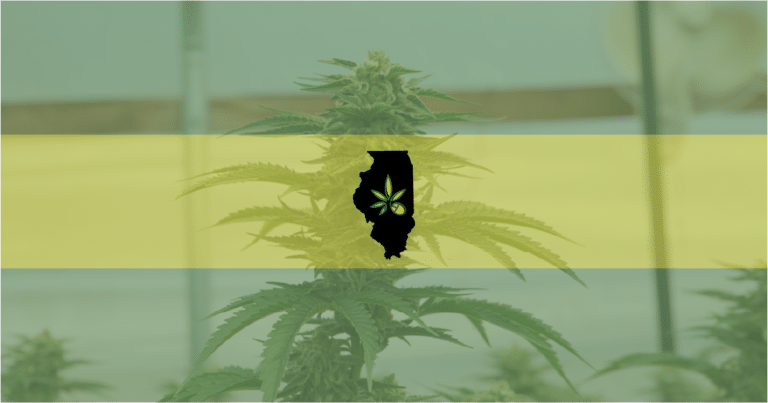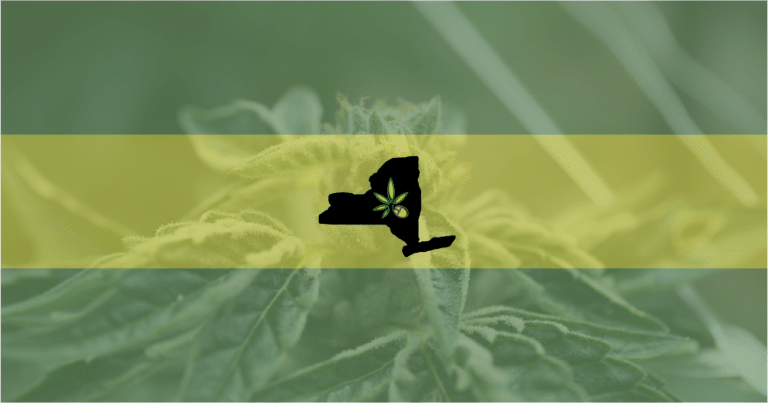The DEA recently released their National Drug Threat Assessment (NDTA), and although there is a nation-wide movement of marijuana legalization, cannabis was still given direct attention from the law enforcement agency.
On March 2nd, 2021, the DEA shared a press release about the assessment, explaining how the data is gathered, and what the main issues were as listed in the brief. Acting Administrator D. Christopher Evans announced that the report was available.
“This year’s report shows the harsh reality of the drug threats facing communities across the United States,” said Evans. “While the COVID-19 pandemic plagues this nation, so, too, do transnational criminal organizations and violent street gangs, adjusting to pandemic restrictions to flood our communities with dangerous drugs. DEA and our local, state, and federal partners continue to adapt to the ever changing landscape, remaining focused on the current threats and looking to the horizon for emerging threats. We will always defend the American people against illicit substances that ruin lives, devastate families, and destroy communities.”
The brief issued by the DEA lists several main bullet points of the 2020 NDTA, yet none of those are directly related to cannabis. However, once you dive into the actual report, the agency had plenty to say about the topic of marijuana.
Marijuana Listed as Threat in National Assessment
It is not a new story. The federal government has long held in place its negative outlook on marijuana. Although the DEA still insists that marijuana is a major factor of the drug threat to America, the narrative around the topic has surely shifted.
Mexico is still the highest supplier of trans-national marijuana trade, but a trend that is repeated throughout the assessment is the focus on domestic trafficking and illegal distribution vs. imported drugs. According to the report, marijuana is the most commonly used drug in America.
The DEA classifies the marijuana market into three specific categories. State medical programs and legal recreational sales on one hand, and illicit drug sales on the other.
The assessment seemed to correlate the illicit side of the marijuana industry with those states with some form of legal marijuana. The NDTA indicated that drug trafficking organizations are capitalizing on abusing the system in those legal states by hiding profits and avoiding taxes.
An example included the brief identifies the 2018 Farm Bill as hampering federal resources in states that legalized hemp production. According to the assessment, investigations showed that the legality issues opened up ways for drug cartels and trafficking organizations to set up shop masquerading as legitimate businesses. A significant number of businesses were identified as being owned by known illegal entities, the report cited.
Another issue raised in the NDTA is the fact that there is no regulation on the amount of THC being sold in products. There are concerns that this is something that needs to be regulated.
Although there is no bottom line indicating that federal officers should overstep state boundaries to correct the non-enforcement of federal marijuana laws, the report does point the finger at states as being a weak link in combating the problem of legal marijuana being diverted to the black market.
Some solid info on the state of marijuana trafficking is that numbers in the end of 2019 and early 2020 have evidenced a 21% decrease in marijuana availability, and out of field offices testing illegal substances, there was more methamphetamine tested than marijuana.
Although there is a lot of posturing about the legal marijuana trade and the devils of the black market, the fact that marijuana was not listed as a threat in the bullet points provided in the DEA briefing shows a shift in attitudes toward mariuana in general. Reading the brief does communicate that although they believe illegal activity is taking place, the federal government will not overstep boundaries by actively seeking to enforce laws in states who have legalized marijuana. We hope that the newly established legalization programs will continue to refine themselves, and reiterate to the feds that the states can do just fine without the national enforcement agencies leading the way.
Additional Resources:
At The Weed Blog, we strive to produce the latest online news resources regarding marijuana. We also review various strains of cannabis or other edible counterparts. We are committed to helping you find valuable information about marijuana on our website. With marijuana laws constantly changing, learn from us what you can do to promote activism in your area. Otherwise, consider these other top-tier articles regarding cannabis tax revenue:
States Ranked by Recreational Marijuana Tax Revenue
Crime Is Down and Tax Revenue Is up in Denver after Cannabis Legalization
Marijuana Tax Revenue Surpasses Alcohol Tax Revenue in Colorado



























